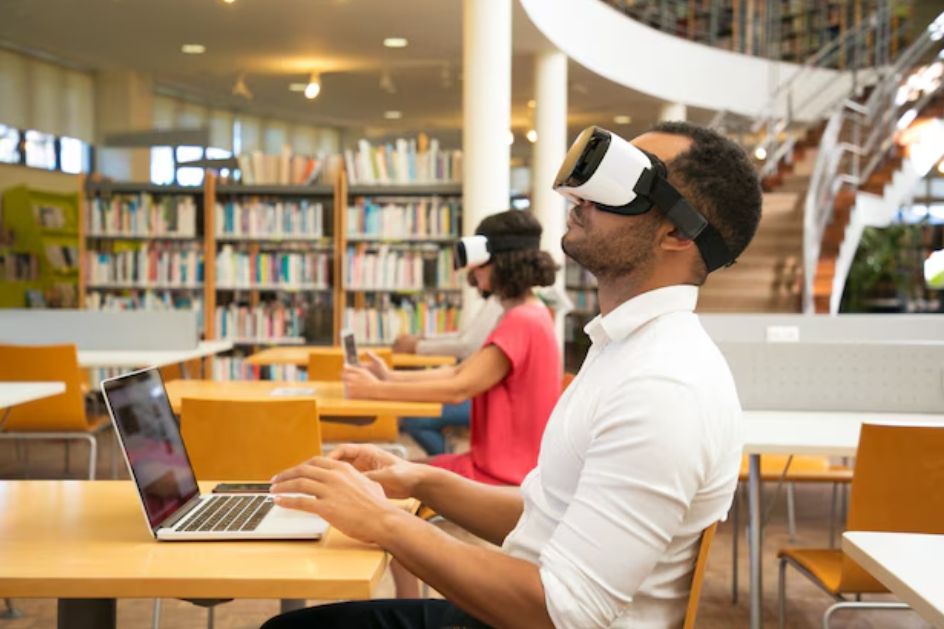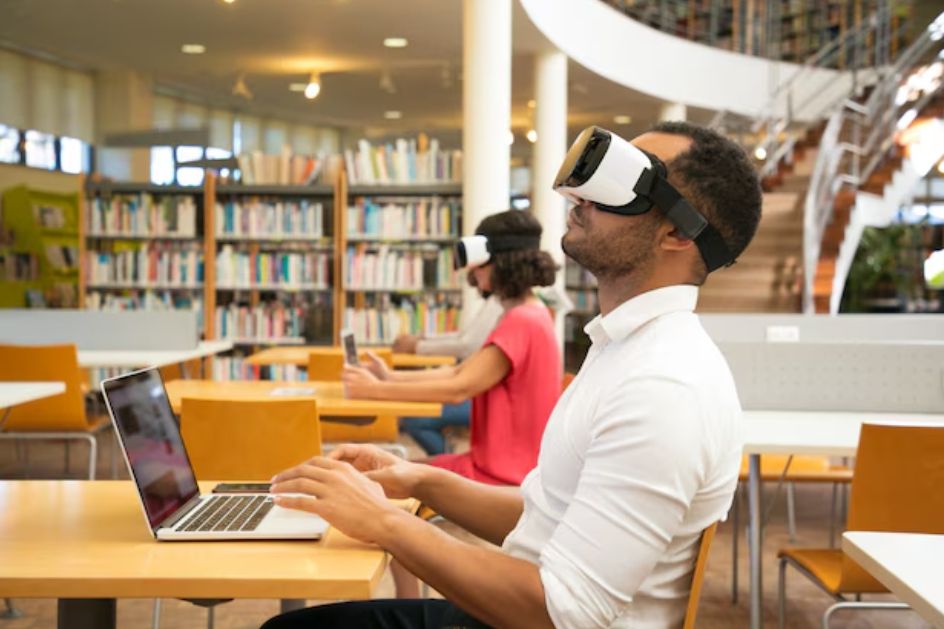
In an era marked by rapid technological advancement, digital learning is evolving at an unprecedented pace. To stay ahead in this dynamic landscape, it’s essential to understand the trends and insights that will shape the future of education. Drawing from expert opinions and current research, this article explores key developments in digital learning and their implications for educators, students, and institutions.
- Personalized Learning Experiences
One of the most significant trends in digital learning is the shift towards personalized education. Advanced algorithms and data analytics allow for the creation of tailored learning paths that adapt to the needs and preferences of individual students. This approach enhances engagement, improves retention, and accelerates learning outcomes.
Expert Insight: Dr. Jane Smith, an educational technologist, emphasizes, “Personalized learning transforms the one-size-fits-all model of education, allowing students to learn at their own pace and in ways that suit their unique learning styles.”
- The Rise of Microlearning
Microlearning, which involves delivering content in small, manageable chunks, is gaining popularity. This method aligns with how the modern brain processes information and fits seamlessly into busy schedules. Microlearning modules are often more engaging and easier to digest, making them an effective tool for reinforcing knowledge and skills.
Expert Insight: John Doe, a leading e-learning strategist, notes, “Microlearning meets learners where they are, providing just-in-time information that’s immediately applicable. This approach maximizes retention and application.”
- Immersive Technologies
Virtual Reality (VR) and Augmented Reality (AR) are revolutionizing digital learning by providing immersive, interactive experiences. These technologies make abstract concepts tangible, offer virtual hands-on training, and create engaging environments that enhance understanding and retention.
Expert Insight: Sarah Lee, a VR education pioneer, states, “Immersive technologies bridge the gap between theory and practice. They offer a safe space for experimentation and deeper understanding, making learning more impactful.”
- Collaborative Learning Platforms
Digital learning is increasingly collaborative, leveraging online tools to facilitate interaction and teamwork. Platforms like Google Classroom, Microsoft Teams, and Zoom have become integral to the educational experience, promoting communication and cooperation among students and teachers.
Expert Insight: Dr. Robert Williams, an educational consultant, explains, “Collaboration tools foster a sense of community and collective problem-solving. They prepare students for the collaborative nature of the modern workplace.”
- AI and Learning Analytics
Artificial Intelligence (AI) and learning analytics are transforming how educators assess and support students. These technologies provide real-time insights into student performance, identify learning gaps, and offer targeted interventions. AI-driven adaptive learning systems can customize content delivery, enhancing the overall learning experience.
Expert Insight: Dr. Emily Johnson, an AI in education expert, remarks, “AI and analytics enable a more informed and proactive approach to education. They help educators identify and address issues before they become significant obstacles.”
- Lifelong Learning and Skill Development
The future of work demands continuous learning and skill development. Digital learning platforms offer flexible, accessible opportunities for lifelong education, catering to professionals looking to upskill or reskill. Self-paced courses and on-demand content empower learners to acquire new competencies at their convenience.
Expert Insight: Mark Thompson, a corporate training leader, asserts, “Lifelong learning is essential in today’s fast-changing job market. Digital learning platforms provide the flexibility and accessibility needed to keep pace with industry developments.”
Conclusion
The future of digital learning is bright, characterized by personalized, immersive, and collaborative experiences. As technology continues to advance, the possibilities for enhancing education are limitless. By staying informed about these trends and incorporating them into educational practices, educators can better prepare students for the challenges and opportunities of tomorrow.
Stay ahead of the curve in digital learning and discover more strategies to enhance your educational content. Subscribe to our newsletter for the latest tips and trends in e-learning.









